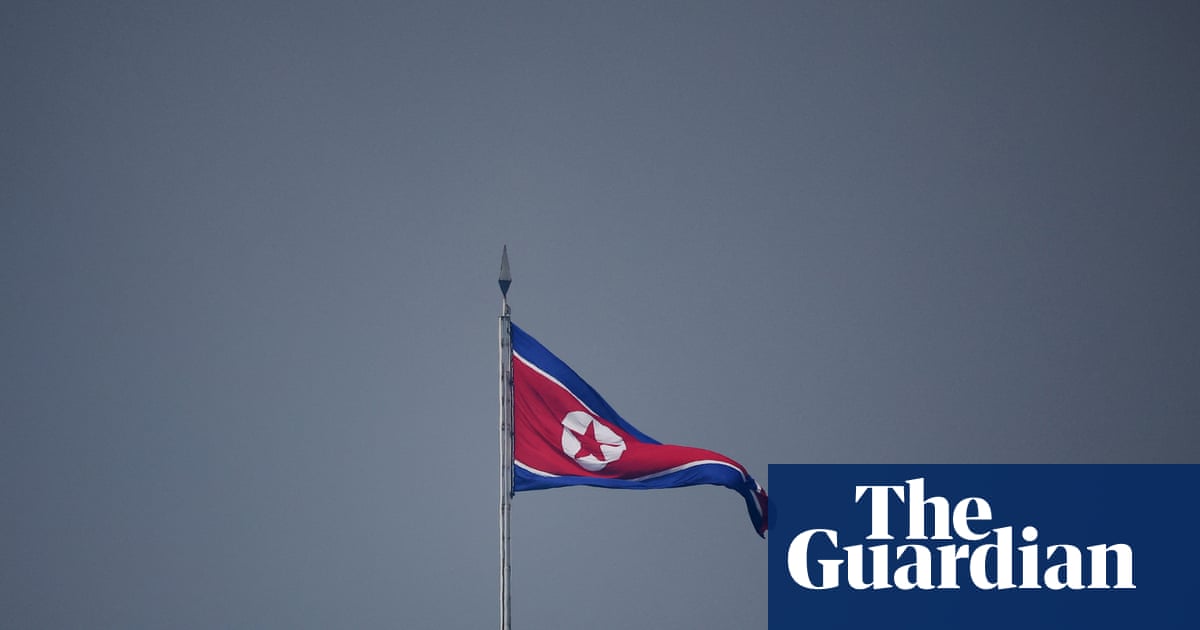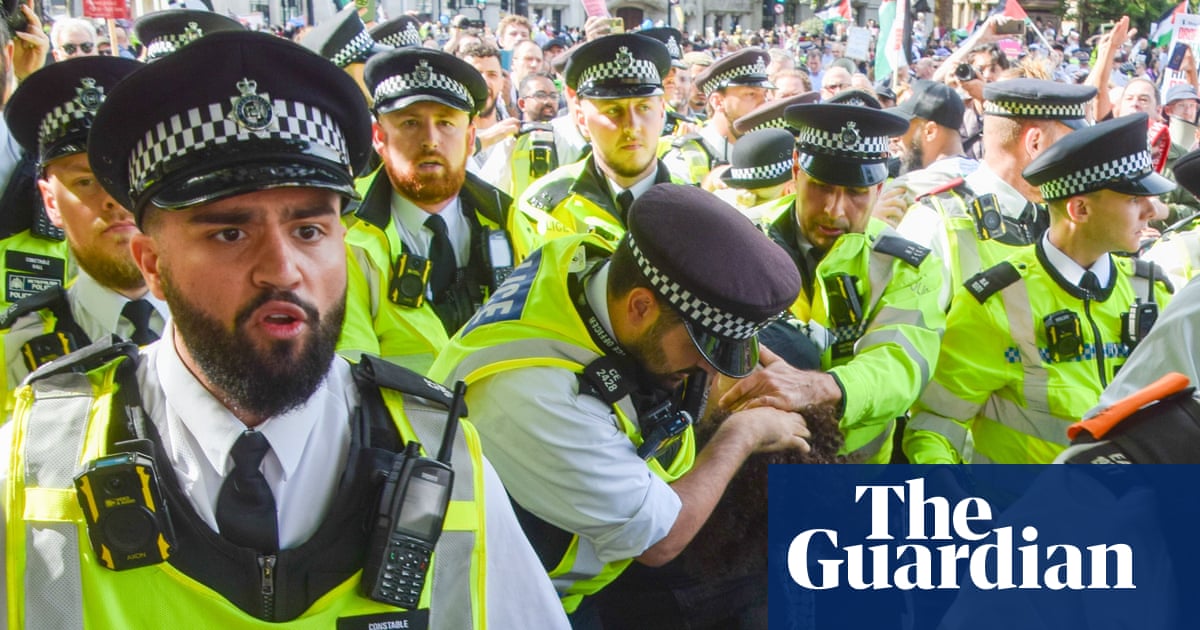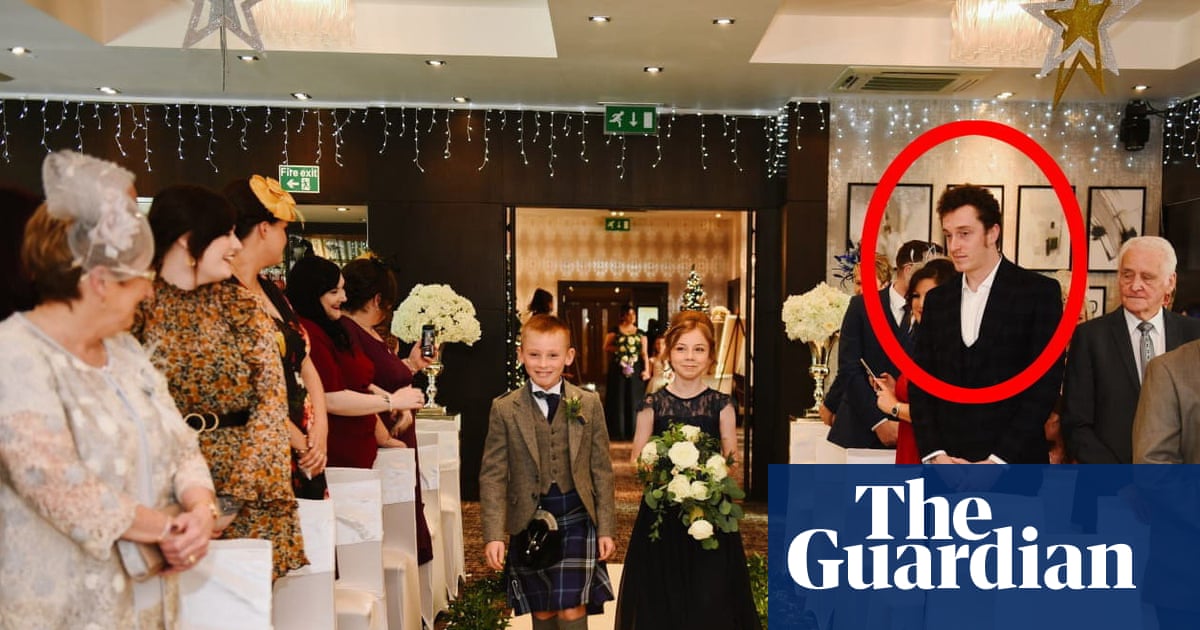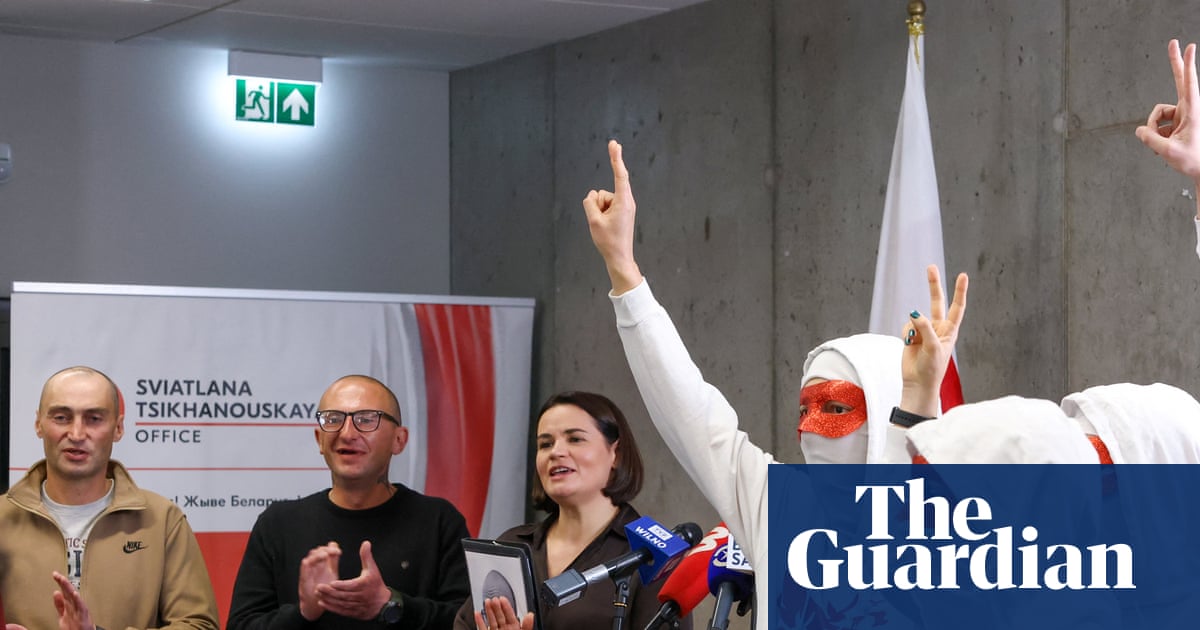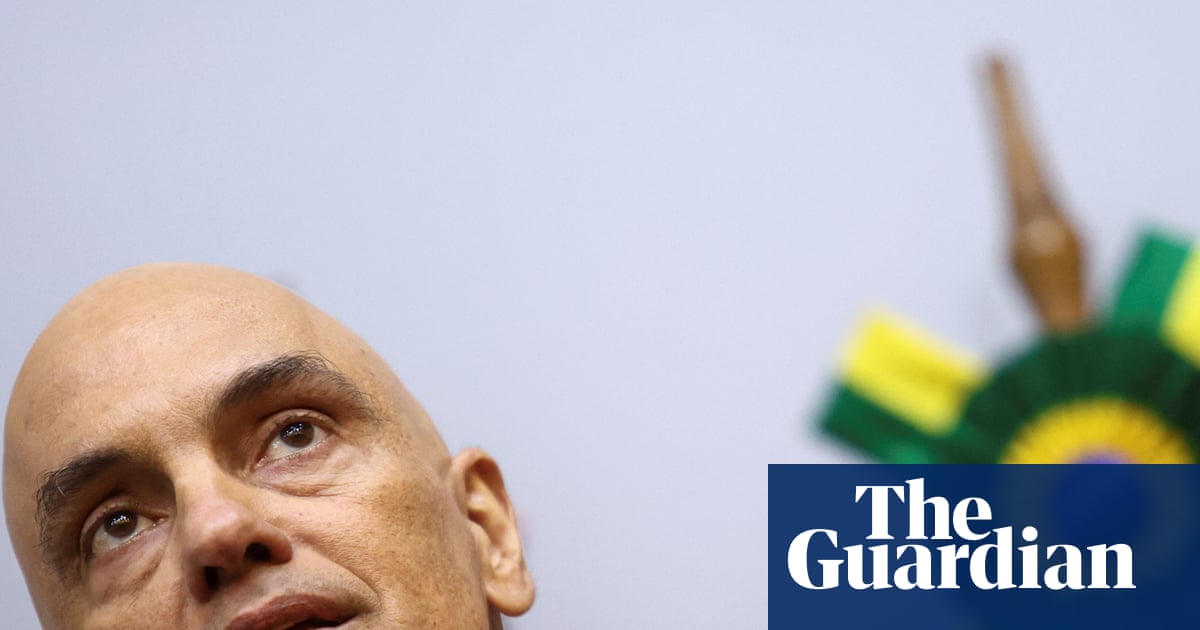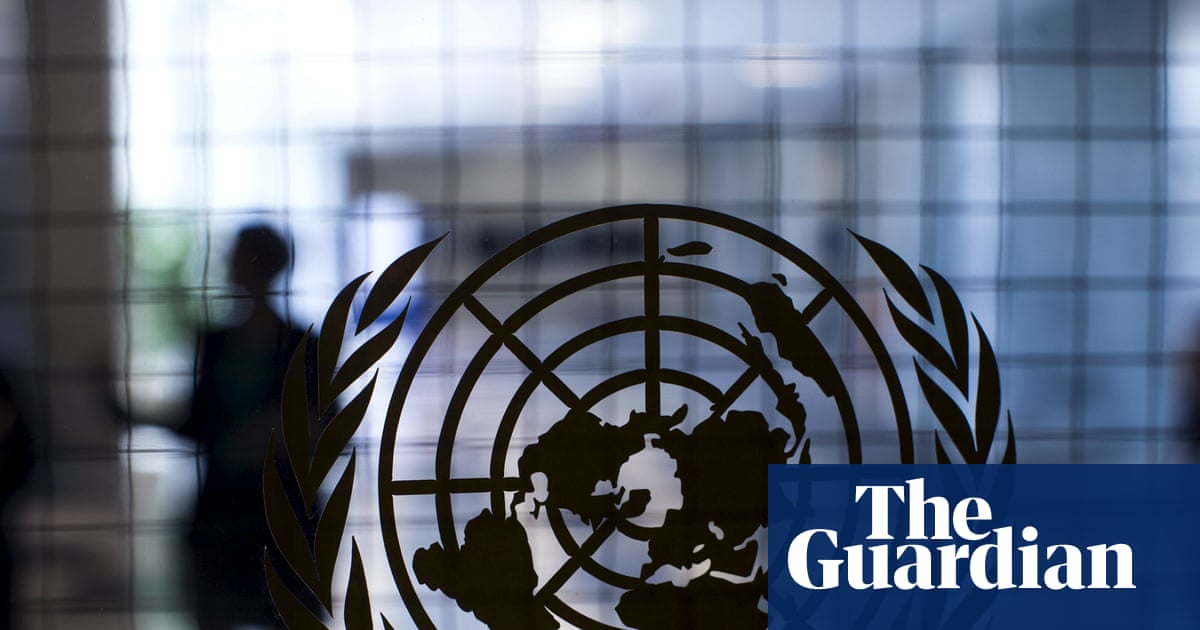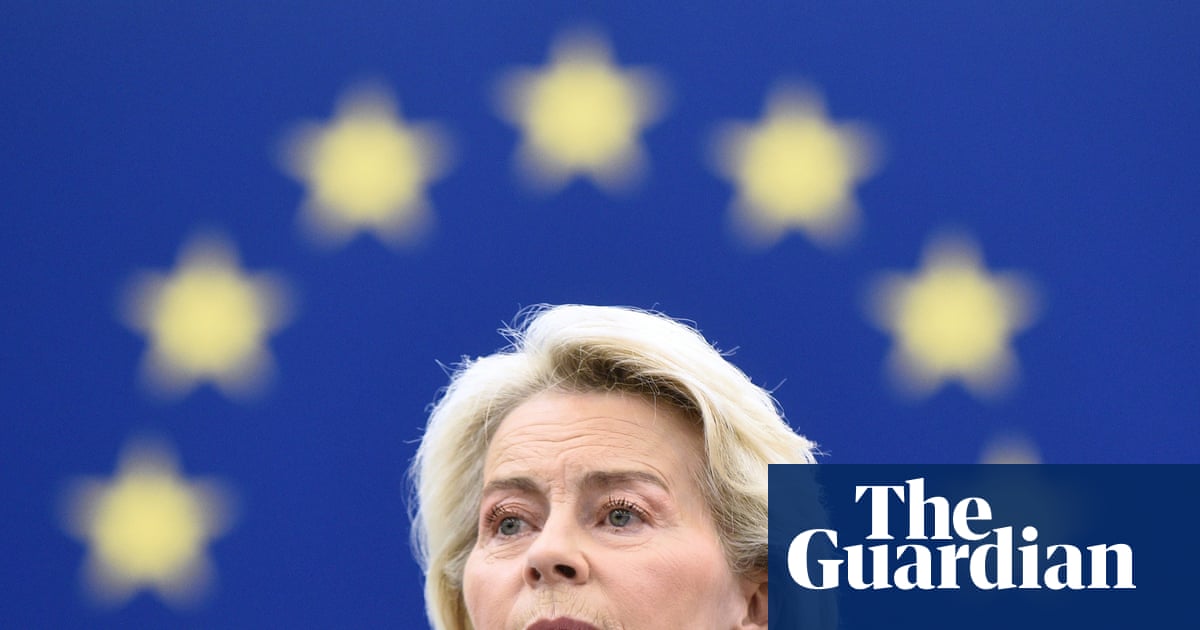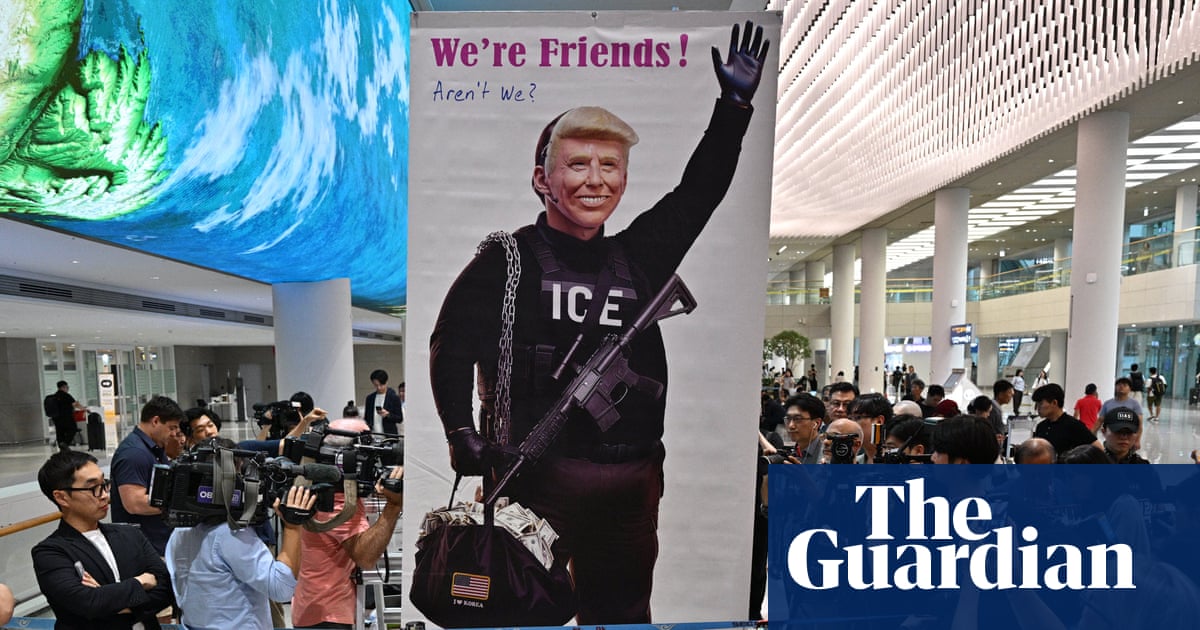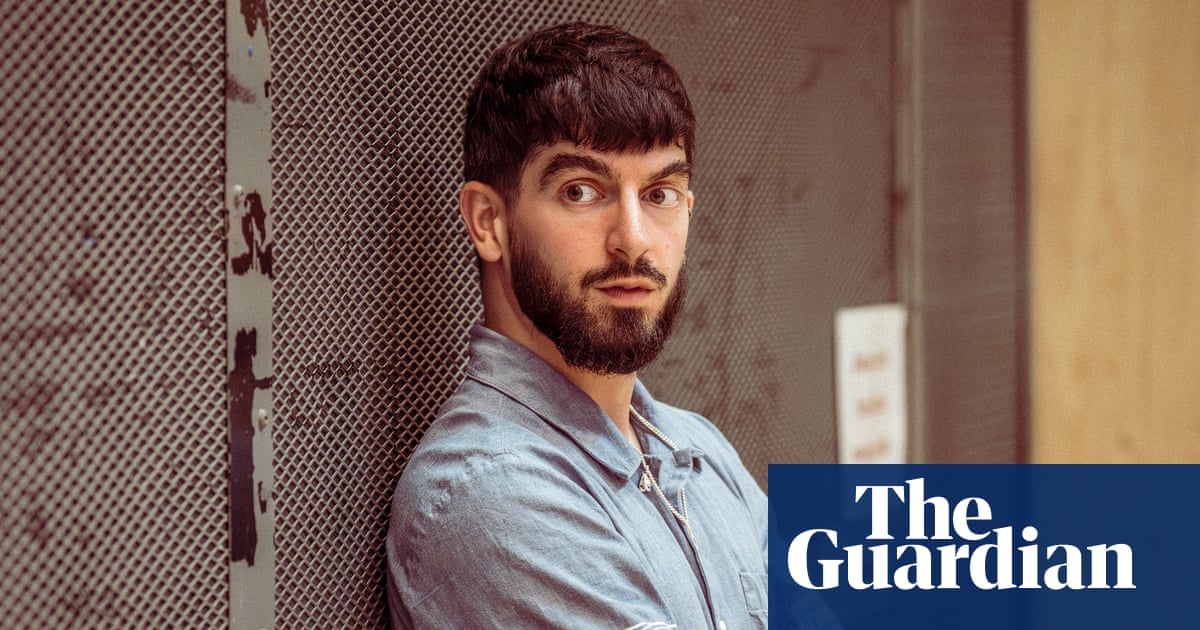In Denmark, we like to think of ourselves as being in the vanguard of freedom of expression. We were the first country in the world to legalise pornography. We insisted on the right to publish caricatures of the prophet Muhammad. Rather than marginalise so-called rightwing populists in parliament, we invited them in to political cooperation. We pride ourselves on being unafraid of controversy and we’re good at making authorities who try to tell us what to do – and especially what not to do – look ridiculous.
Danes also like to think of our country as a role model for democracy. As such, the national elections for children aged 13 to 16 are a cherished tradition, considered a part of civic education and a preparation for democratic participation. All schools are invited to take part in the exercise, which is held every other year. Students debate 20 issues for three weeks before casting votes for the parties that are also eligible to stand in real general elections.
Over the past few weeks, however, the national school elections have been dragged into controversy after the decision to ban one theme from the list of issues for the 2026 vote: the question of Palestine.
Should Denmark recognise Palestine as a sovereign state? This specific question is arguably a defining issue of our time and one that mobilises political engagement among young voters. Excluding it is a remarkable act, which has been attacked from the left and right of the political spectrum. This is the opposite of properly preparing young people for Danish democracy, critics say, and goes against what we as a nation stand for.
The decision was announced by the speakers of parliament and justified by the two parties that have led Danish governments for the past 30 years: the Social Democrats and the Liberal party. The issue was simply too explosive for classroom deliberations, they argued, and risked placing youngsters from minority groups in very uncomfortable situations. Moreover, it risked giving pupils a bad experience of democracy; this issue was too complex for them to be able to relate to meaningfully.
What’s revealing here is that the same parties would normally support an understanding of democracy that puts the freedom of controversial deliberation and offensive exchange above the protection of minority sensitivity and public order. Culturally, this is the Danish model of democracy: we’re tolerant towards verbal intolerance when it comes to political discourse about Islam and immigration; we’re sceptical of liberal superegos who want to protect minority feelings and public order.
But when it comes to Israel and Palestine, the governing parties promote an understanding of democracy that sets personal sensitivities and public order above free speech and the right to offend. This really is remarkable. When it comes to substantial complexity, it seems beyond dispute that the mechanisms driving the climate crisis, for instance, are harder to grasp than whether Palestinian statehood should be recognised.
The real explanation seems obvious. It’s not the schoolkids who can’t handle the Palestine question – it’s the governing parties that are projecting their own failures on to Danish pupils and want to avoid it and all the other questions that addressing it would inevitably provoke: the war in Gaza, Danish arms exports, the tension between Denmark’s alliances with the US and Israel and our obligations towards liberal institutions and the human rights of Palestinians.
They seem to enjoy talking about the war in Ukraine, because little Denmark supports the country invaded by its bigger and more powerful neighbour. We unequivocally support the liberal order and international law against the aggressor. Morally, our engagement in Ukraine reveals Denmark as the country we want to be. But our complicity in the war crimes being perpetrated in Gaza reveals us as the nation we’ve become but can’t defend.
after newsletter promotion
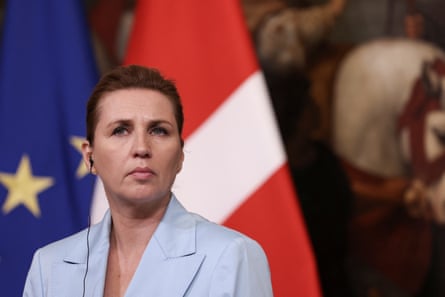
The Palestinian question therefore exposes a scandalous flaw in our current order. If the Russian army were doing to Ukrainians what the Israeli army is doing to the Palestinians of Gaza or in the West Bank, our prime minister, Mette Frederiksen, would be publicly outraged. But she gives the impression of speaking of the suffering of Palestinians only when forced to by circumstances, the agenda or direct questions about it.
Frederiksen has repeatedly called the situation in Gaza “tragic” and a “humanitarian disaster”. However, she speaks of the suffering of the Palestinians as if we were innocent bystanders. Yet the Danish government has significant levers it could pull to hold the extremist government in Israel to account. It has just generally chosen not to.
Despite its pride in its democratic credentials, Denmark has not initiated a renegotiation of the formal agreement that makes the EU Israel’s biggest trading partner. The Danish government last month supported a review of EU-Israel ties, but it has not suggested sanctions against specific Israeli politicians or Israel as a state and it has not recognised Palestinian statehood, as Spain, Ireland and Slovenia have already done.
Instead, our government continues to allow Danish weapons manufacturers to supply Israel, either indirectly through the US or directly, with spare parts for the F-35 bombers that the Israel Defense Forces deploy in Gaza. This despite our leaders knowing it violates EU rules, which mandate an obligation to deny the export of military equipment if there’s a “clear risk” that it might be used to commit war crimes.
A citizens’ petition demanding that Denmark end all direct and indirect weapons exports to Israel has gathered more than 50,000 signatures. Last week it was brought to the floor of parliament. But the debate made it clear yet again that a broad consensus puts the security alliance with the US above human rights in Gaza.
We’re assisting war crimes in Israel while mobilising against them in Ukraine. Our government seems tacitly to accept Palestinians’ suffering as collateral damage of a foreign policy that’s in ruins anyway because it is based on an alliance that the US is disengaging from. Denmark is basically sending arms to a bully and then mourning the consequences of them being used.
It is, in this context, revealing that our leaders don’t want our schoolchildren to discuss the recognition of the Palestinian state as part of their education – because they can’t handle it themselves. Our elected representatives don’t want our democracy to expose their failure in the moral scandal of the west in the 21st century.
For schoolgoers this controversy is a valuable, if unintended, introduction to democracy. They’ve learned how those in power will always try to define the agenda and limits of democratic participation. It also shows that what young people talk about matters. It can be a way of mobilising the best in our democracy against the worst and of building their power as future voters. And hopefully, the missing question will be the most debated in Denmark’s schools in the coming year.
-
Rune Lykkeberg is editor-in-chief of the Danish newspaper Information

 3 months ago
44
3 months ago
44

